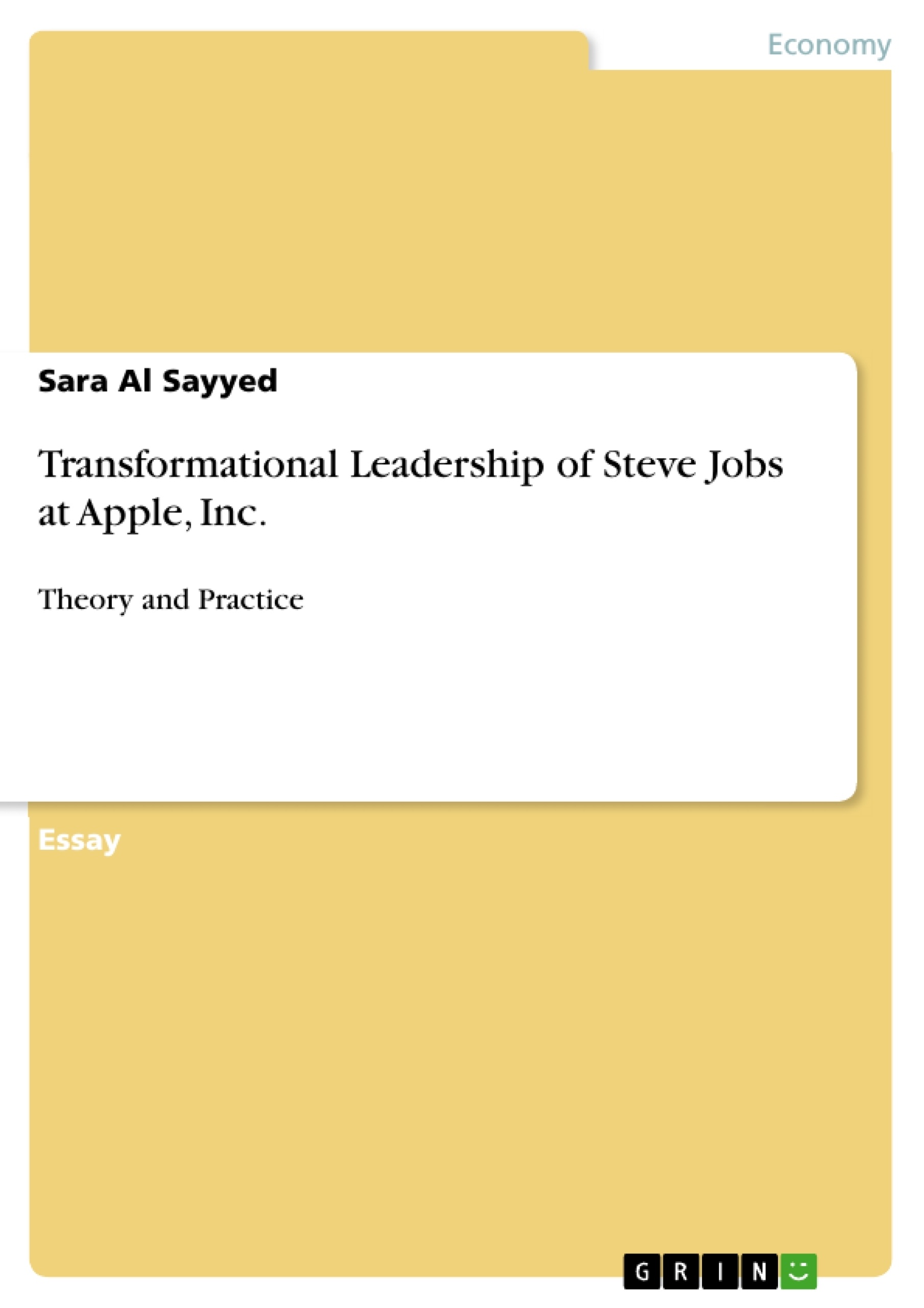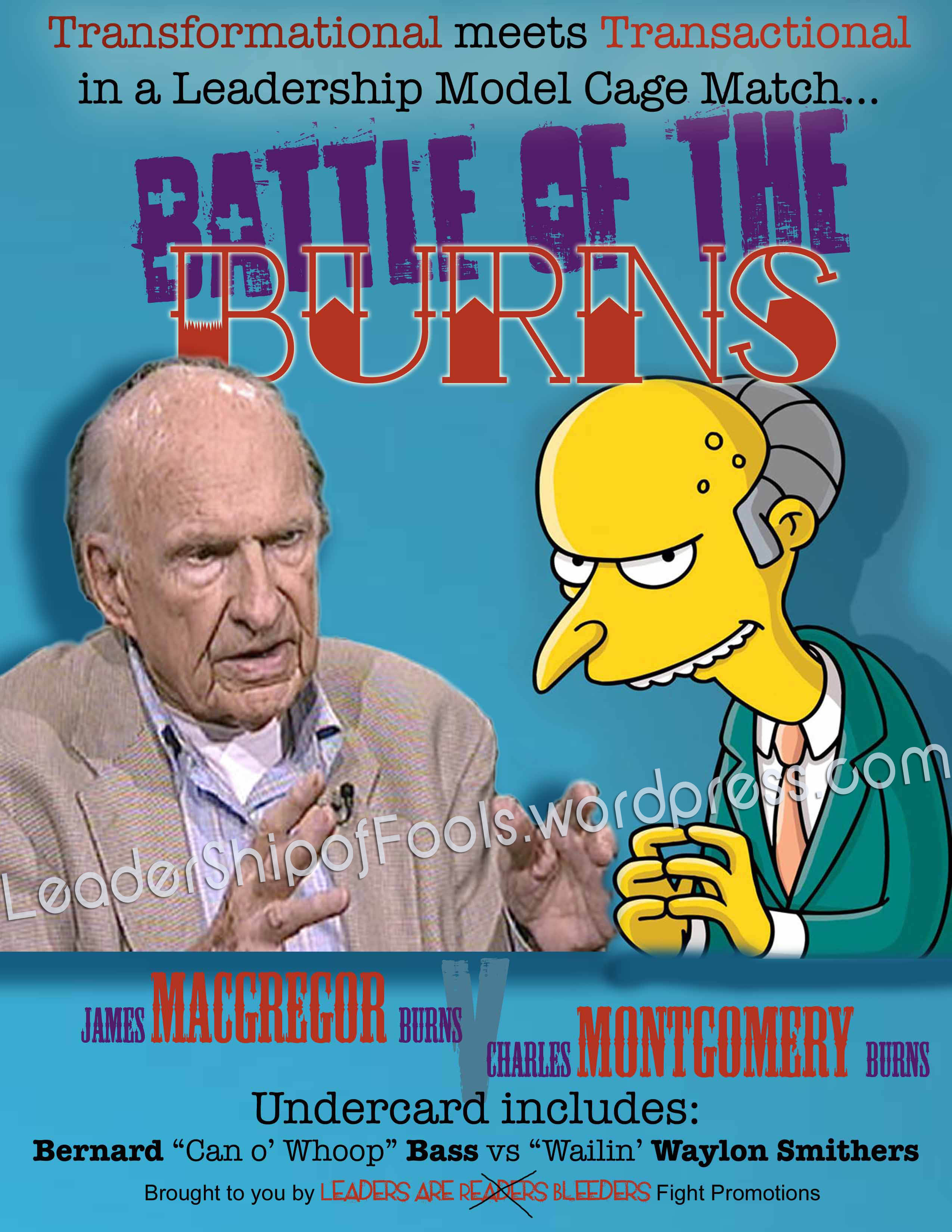
Leadership: Theory and practice (5th ed.). In Harvard Business Review on leadership (pp. Retrospective commentary on the manager’s job: Folklore and fact. Leadership: What Is It? New York: Harper & Row.

Moreover, the paper will discuss some of the Moreover, the paper will discuss some of the. Transformational leadership as it evolved through the work of James MacGregor Burns, Bernard M. During the early 1990s he taught classes at the, where the James MacGregor Burns Academy of Leadership was named for him. A member of the, he served as president of the and the. Academic career Burns joined the faculty of Williams College in 1947, and taught there for nearly 40 years, retiring in 1986. In 1947 he briefly worked for the, reviewing the operations of the 's National Maritime Office. Throughout his military adventures, Burns noticed that when leadership was mentioned, it was in terms of the traits and qualities of, but not soldiers. Army combat historian, and was awarded the and four. Burne was to serve in the as an enlisted U.S. He spent a year at Harvard, then six months in working for the. Military service After graduating from Williams, Burns spent a year as an in Washington for Congressman. In political science from in 1947 and also attended the. He received his bachelor's degree from in 1939, his Ph.D.

In 1971 Burns received the and the for his work on America's 32nd president. He was the Woodrow Wilson Professor of Government Emeritus at and Distinguished Leadership Scholar at the James MacGregor Burns Academy of Leadership of the School of Public Policy at the. James MacGregor Burns (Augin – Jin ) was an American historian and political scientist, presidential biographer, and authority on.


 0 kommentar(er)
0 kommentar(er)
